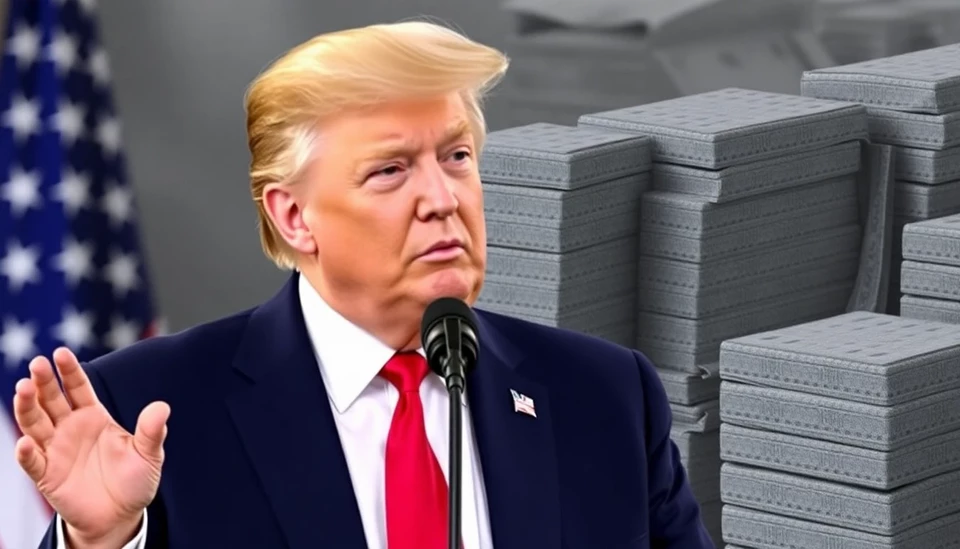
In a significant policy shift, former President Donald Trump declared that the United States will soon implement reciprocal tariffs across all countries. This announcement comes as part of his broader economic strategy aimed at countering what he describes as unfair trade practices by international partners. Trump emphasized that these tariffs are designed to level the playing field by imposing equal tariffs on foreign goods equivalent to the tariffs charged by those countries on U.S. products.
During a recent public statement, Trump expressed his dissatisfaction with existing trade agreements and foreign tariffs impacting American businesses. He argued that many nations impose high tariffs on U.S. exports while allowing their products to enter the American market with minimal restrictions. Trump's vision for these reciprocal tariffs is rooted in his long-standing mantra of “America First,” which seeks to protect American jobs and industries from what he sees as predatory trade tactics.
The announcement is expected to have far-reaching implications for numerous sectors, as it could lead to increased costs for consumers and businesses. Industries heavily reliant on imported goods, such as technology and consumer electronics, may face significant disruptions. Economists are closely monitoring the situation, raising concerns over how these tariffs could spark retaliatory measures from trading partners, further escalating tension in global markets.
Trump's administration had previously employed similar strategies during his tenure, leading to a major trade war with China, which saw a cascade of reciprocal tariffs and counter-tariffs. As the political landscape shifts with debates around trade continuing to be a hot topic among candidates, analysts are keen to see how this proposed economic policy will resonate with voters as elections approach.
Businesses across the country are preparing for what could be a tumultuous period. Many firms are assessing their supply chains and pricing structures to adapt quickly to the potential increases in import costs. There is also a growing fear among some sectors about the potential for job losses if retaliatory tariffs are enacted by foreign governments in response to the U.S. tariffs.
The details of how this new tariff structure will be implemented are still unclear, leading to uncertainty among stakeholders. Trump has hinted that he will provide more specifics in the coming weeks, but for now, companies and consumers alike are left to speculate on the implications of this bold economic move.
As anticipation builds around the upcoming trade changes, Trump's declaration has reignited discussions on global trade relations and the economic strategies that American leadership should employ moving forward.
Stay tuned for further updates as the story develops and more information becomes available on the logistics of these reciprocal tariffs.
#Trump #Tariffs #TradePolicy #Economy #AmericaFirst #GlobalTrade #BusinessImpact #EconomicStrategy
Author: Rachel Greene




